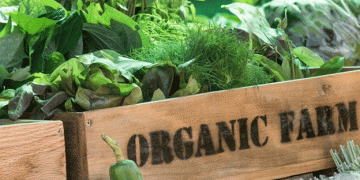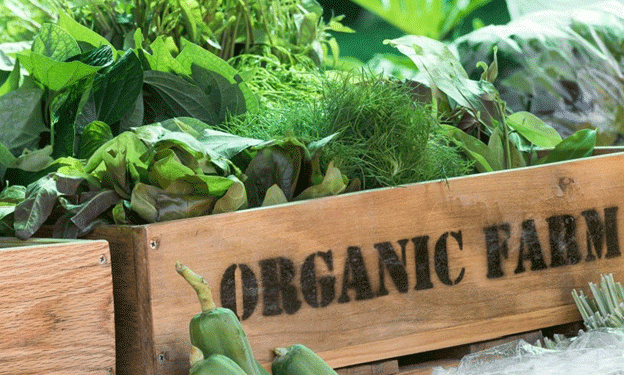A new report reveals that investing just 3.3p more per school meal in Wales could significantly boost local agriculture, increase farm incomes, and reduce carbon emissions—all while providing healthier food for students. With strategic planning, 25% of vegetables served in Welsh schools could be organic by 2030, creating jobs, supporting farmers, and enhancing biodiversity.
The Potential of Organic Veg in Welsh Schools
According to a recent study by Food Sense Wales, the Welsh Veg in Schools pilot project demonstrates that a small additional investment—just 3.3p per meal per day—could ensure two seasonal portions of locally grown organic vegetables in school lunches. This shift would require £552,500 in infrastructure improvements but promises substantial returns:
- £2.2 million in direct payments to Welsh farmers
- £8.2 million in broader social, economic, and environmental benefits
- 74.3 new full-time jobs in agriculture
- 50 additional hectares of organic vegetable production
- 226 tonnes of CO₂ emissions saved annually
- 35% increase in birdlife due to organic farming practices
- Reduced dependence on imports from water-scarce regions
Why This Matters for Farmers & Agronomists
The report highlights that public procurement—government-funded food purchasing—can be a game-changer for local agriculture. By securing stable demand from schools, Welsh farmers gain a reliable market, reducing financial uncertainty.
Dr. Amber Wheeler, the report’s author, emphasizes:
“The needs of growers and farmers have been put at the heart of this initiative. Supporting them is crucial if we want to build resilient, sustainable food systems.”
However, scaling up requires investment in processing and distribution infrastructure to handle increased organic production efficiently.
Global Trends & Local Opportunities
This initiative aligns with broader trends in sustainable agriculture:
- The EU’s Farm to Fork Strategy aims for 25% organic farmland by 2030 (European Commission, 2023).
- The UK organic market grew by 2.5% in 2023, reaching £3.1 billion (Soil Association, 2024).
- Regenerative farming practices, like those in this project, can increase soil health and yields over time (Nature Journal, 2023).
A Win-Win for Farmers & the Environment
The Welsh Veg in Schools project proves that small investments in local, organic food systems can yield major economic, ecological, and social benefits. For farmers, agronomists, and policymakers, this is a blueprint for sustainable agriculture that supports both rural communities and the planet.
Next Steps?
- Government & Local Authorities: Commit to long-term procurement contracts.
- Farmers & Agri-businesses: Invest in organic and agroecological methods.
- Researchers & Engineers: Develop efficient processing solutions for local produce.
By 2030, Wales could lead the way in farm-to-school sustainability—setting an example for the rest of the UK and beyond.































